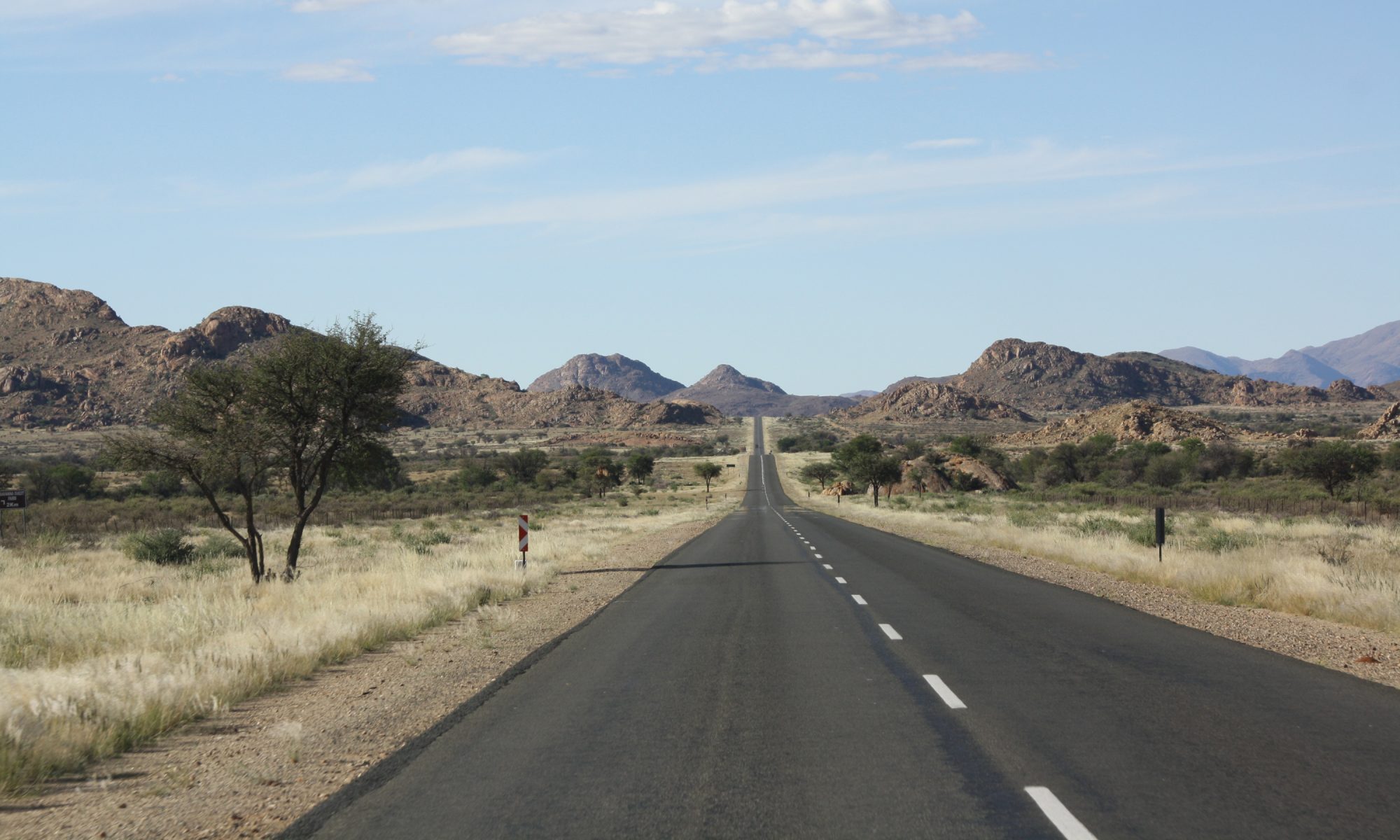New article, co-authored with Anthony Leysens, in Politikon: South African Journal of Political Studies
Abstract
The purpose of this article is a theoretical one, namely to make the case for a critical-reflectivist approach to the study of regionalism in Africa and beyond. We argue that contemporary changes in the global political economy require political economists to reconsider how we study regional processes and actors. The article provides insights into the sociology of the field of study by recounting its evolution, reviewing key debates and tracing the dominance of rationalist theories on regional integration and regionalism. Subsequently, the article questions the ontological premises of state-centrism and market logics in conventional regional theorization that does not take account of the complexities and multidimensionality of regions and regional processes. Traditional approaches to regionalism fail to do justice to regional manifestations and the repercussions of Africa’s changing transnational relations as well as to crucial dynamics within regional civil societies. In this respect, the analytical value of both Robert W. Cox’s World Order Approach (WOA) and the New Regionalism(s) Approach (NRA) for challenging the theoretical hegemony in the field of study is elaborated on. The theoretical framework proposed in this article points to neglected dimensions of regionalization and stresses both structural factors as well as the myriad of regional actors and their respective regional strategies as drivers of the changing nature of developing regionalisms in Africa. The authors’ claim that regionalism is everything but a ‘states only’ domain is substantiated by the proposed conceptualization of regional civil society, a persistent analytical ‘blind spot’ in the study of regionalism. Drawing eclectically on the WOA and the NRA, the article provides a theoretical ‘entry-point’ for the analytical incorporation of regional civil societies into the political economy of African regionalisms. The article concludes by arguing that analytical and theoretical sensitivity to potentially transformative societal actors and processes at the regional level becomes increasingly relevant in the context of shared experiences of neoliberal globalization/regionalization as well as of Africa’s new ‘partnerships’ with emerging powers.
